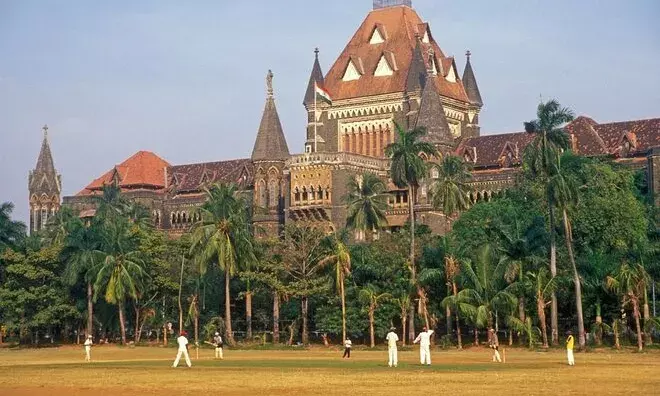Bombay High Court Rules: Daughters Have No Right Over Father’s Property! See Detailed Judgement
The Bombay High Court has given an important verdict on whether daughters will get rights in their father's property or not.;

The Bombay High Court has given an important verdict on whether daughters will get rights in their father's property or not. The Bombay High Court, while giving its verdict in a case, said that if the father died before the implementation of the Hindu Succession Act in 1956, then the daughters have no right over their father's property. A bench of Justice AS Chandurkar and Justice Jitendra Jain said that since the person died before the implementation of the Hindu Succession Act, his property was divided according to the existing laws and at that time daughters were not recognized as heirs.
It is known that Yashwantrao died in the year 1952. Yashwantrao had two wives and three daughters in his family. After the death of his first wife Lakshmibai in 1930, Yashwantrao married Bhikubai, from whom he had a daughter Champubai. A few years later, his daughter Radhabai from his first marriage filed a suit demanding division of the property, claiming half of her father's property. However, the trial court rejected her claim.
The court said that under the provisions of the Hindu Women's Property Rights Act 1937, only the second wife inherits the husband's property, and with the introduction of the Hindu Succession Act of 1956, she became its full owner. Therefore, she can give the property to her only daughter. The daughter of the first wife filed an appeal which was dismissed by the civil court and thus a second appeal was filed before the High Court in 1987.
The two judges differed on the rights of the daughter before the 1956 law came into force. Thus, the issue was referred to a bench of 2 judges. Writing the judgment, Justice Jain analysed both the laws and said that the 1937 law for women's property rights was aimed at protecting a widow by providing her limited rights, as she could not go back to her parent's house and had no one else to take care of her.

